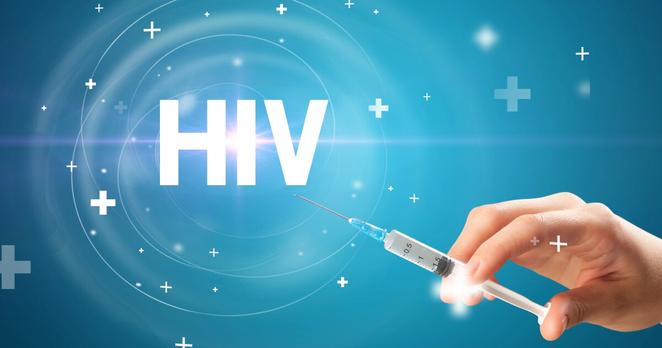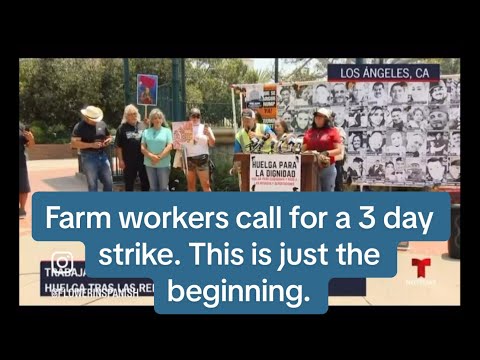Can states do stuff?
Ideas like collective power and the state fall victim to fetishization. A fetish is an object by which one ascribes powers to it that originate from labor and human power.
In Perlman's essay, he described a hypothetical tribesman who ascribes his own power to hunt to a fetish. He then takes care of the fetish more than his own hunting. When he screws up, it's a problem of taking care of the fetish, not his own hunting. https://marxists.org/reference/archive/perlman-fredy/1969/misc/reproduction-daily-life.htm
In terms of collective organizations and states, of course the whole is more than the sum of its parts, but we are ascribing power to it (fetishizing it) that obscures how we socially reproduce collectives or the state.
For example, if we want a trans-affirming state, we'd need chemists, pharmacists, doctors, etc, and we need a state to organize that. But the thing is, the state doesn't make stuff, teach doctors, organize production, etc., workers do. And this is crucial.
Marxists are very correct to say that in a factory, the boss and manager does not make stuff, workers do! So why do we think the state does these things that society does? The state is the manager, yes, but if you argue that workers can run their workplaces, how about society?
In effect, Marxists ascribe to the state and collective power their very own alienated agency. These powers only exist because we exist and these managers of society are nothing without us.
Once you think of collective power in this way—free from fetishization—you realize that we have always only had each other. Of course it's valid to argue organization, but this organization should not exist wholly independently on you.
In this way, collective power was never independent from your own agency.
The question then becomes: should we seize the state to carry out our goals?
But the state is fundamentally alienated power. State machinery moves by virtue of hierarchy—the authority to command and the moral compulsion to obey. Authority and obedience only exist precisely because alienation legitimizes obedience.
When we think of "inclusive" states like in Venezuelan communes, Cultural Revolution China, Bolivia, etc., these are states that use the concentrated and alienated agency to open up space for some agency to be returned to the grassroots.
The thing is, the people has always had this power. They were not able to organize these things themselves because those who wield alienated agency have the power to ascribe things as legitimate or illegitimate.
Left populists use alienated agency to legitimize their mass base, but in truth, this is merely the politics of permission and recognition. In theory, we don't need states to permit or recognize things, but in practice, they have largess and resources.
But these largess and resources are fundamentally alienated power. Thus the overcoming of this alienation is the self-emancipation and self-abolition of the proletariat thus the abolition of the state as state. Will this be done through organization? Sure.

